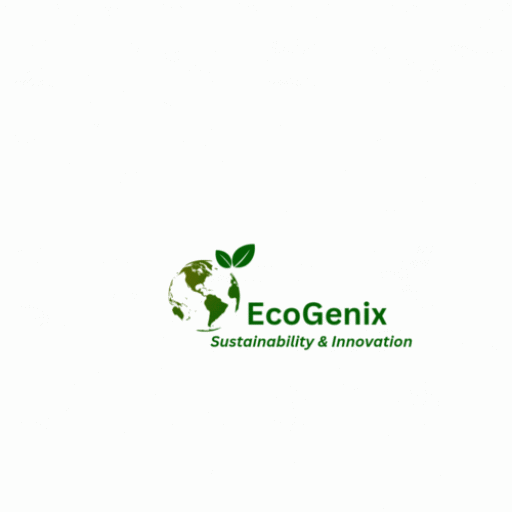In a world where environmental challenges grow more urgent each day, knowledge has become one of the most powerful tools for change. Sustainability training equips individuals, organizations, and communities with the skills and mindset needed to make responsible choices that protect both people and the planet. From reducing carbon footprints in the workplace to adopting eco-conscious habits at home, these programs turn awareness into action. In this article, we’ll explore how sustainability training serves as a foundation for building a better tomorrow—empowering people to create lasting impact through informed, practical solutions.
“Sustainability is learned, but its true power lies in how we live it—one choice, one action, one community at a time.”.
Sustainability training goes beyond theory—it provides practical tools that can be applied in everyday decisions. For example, corporate training programs often teach employees how to reduce energy consumption, minimize waste, and incorporate eco-friendly practices into daily operations, resulting in both environmental and financial benefits. In schools, sustainability education fosters a culture of responsibility among students, encouraging habits like recycling, water conservation, and mindful consumption from a young age. Even communities benefit when local workshops empower residents to adopt renewable energy, support sustainable agriculture, or participate in conservation initiatives. By weaving sustainability into education and professional development, training transforms awareness into measurable impact, proving that informed action is the cornerstone of long-term change.


Still, some may wonder whether sustainability training truly drives lasting change or if it risks becoming just another corporate checkbox. After all, knowledge alone does not always guarantee action, and without strong leadership or supportive policies, even the best training programs can fall short. Others argue that the costs of developing and implementing such training—especially for smaller businesses or under-resourced communities—may outweigh the perceived benefits in the short term. These concerns are valid, yet they highlight an important truth: sustainability training is most effective when paired with accountability, incentives, and a culture that values continuous learning. By addressing these questions, we see that the real power of training lies not just in spreading awareness, but in fostering commitment and collaboration that extend well beyond the classroom..
Key Insights
Sustainability training is more than an educational tool—it’s a catalyst for meaningful transformation. By equipping people with the knowledge, skills, and confidence to make environmentally conscious decisions, it bridges the gap between awareness and action. The key takeaway is clear: when individuals, businesses, and communities commit to learning and applying sustainable practices, they help create a culture of responsibility that extends far into the future. Each step—whether reducing waste at home, driving innovation in the workplace, or advocating for broader policy change—contributes to building a better tomorrow. With training as the foundation, we can ensure that sustainability is not just a concept we talk about, but a way of life we live and pass on to future generations.

